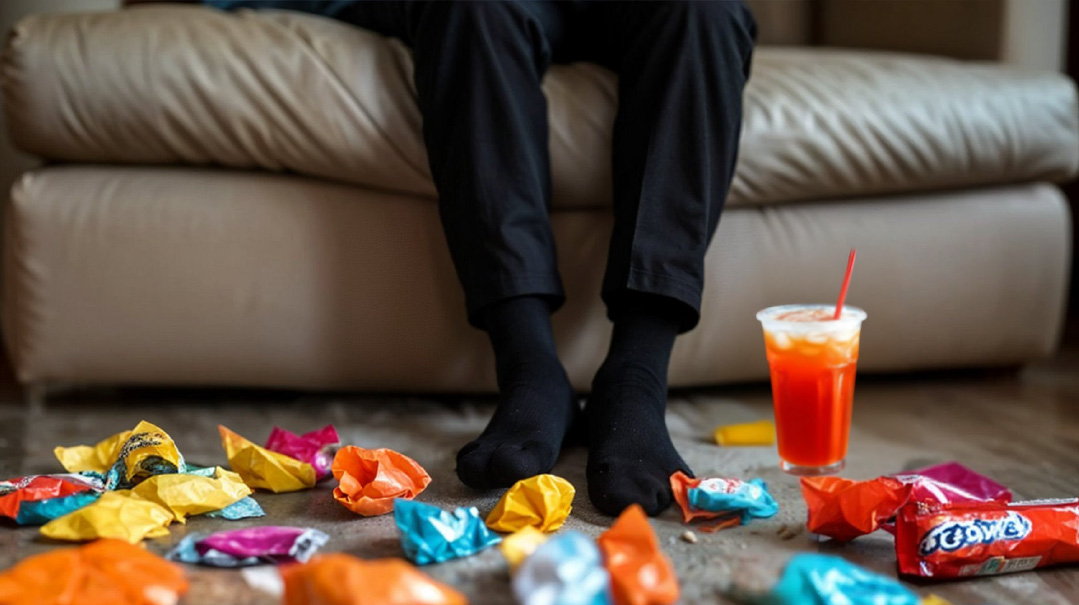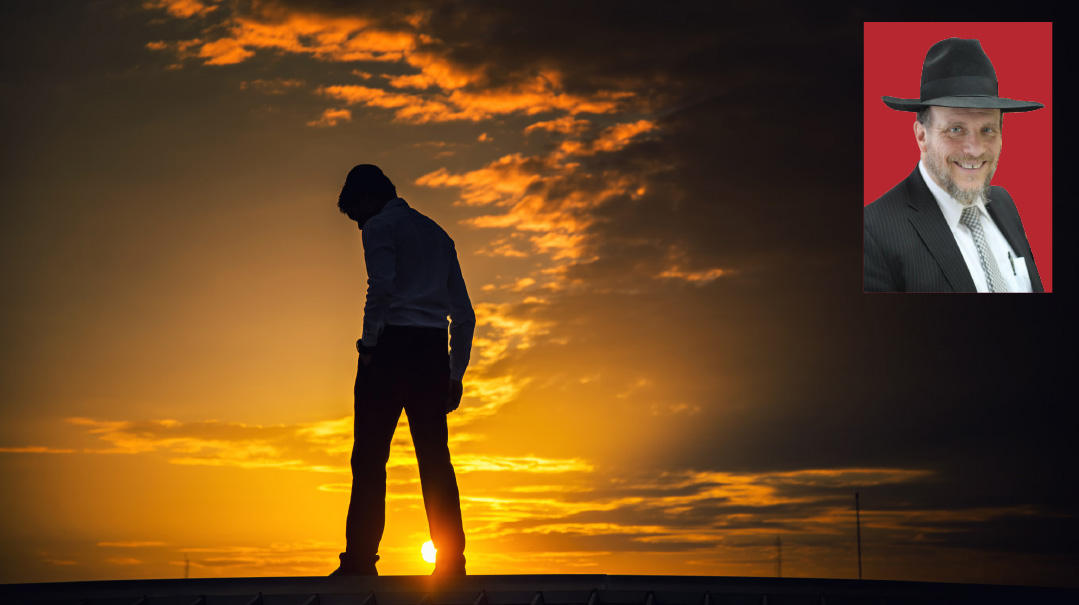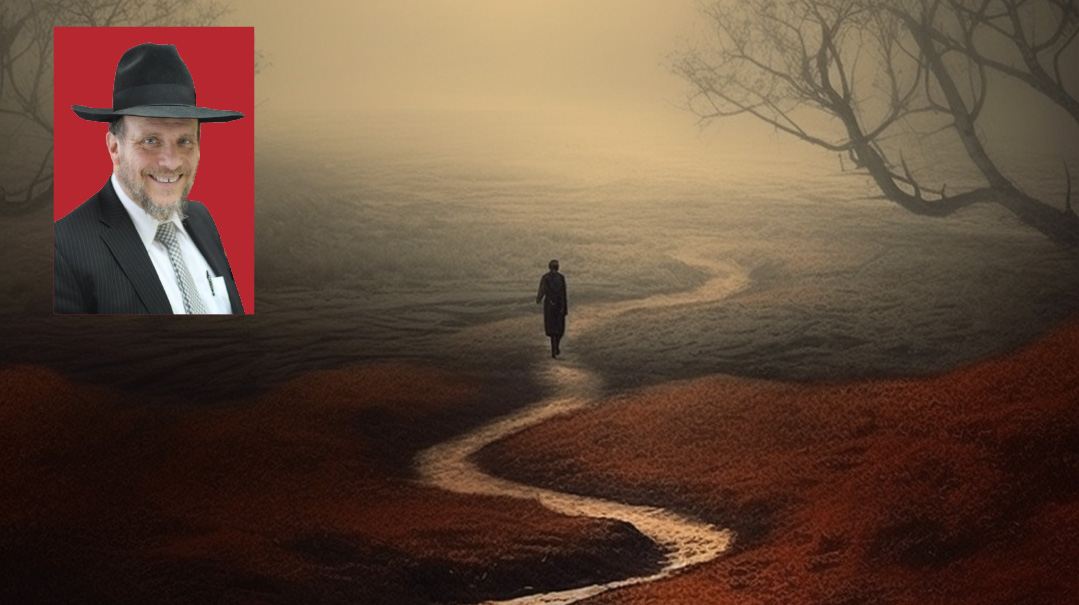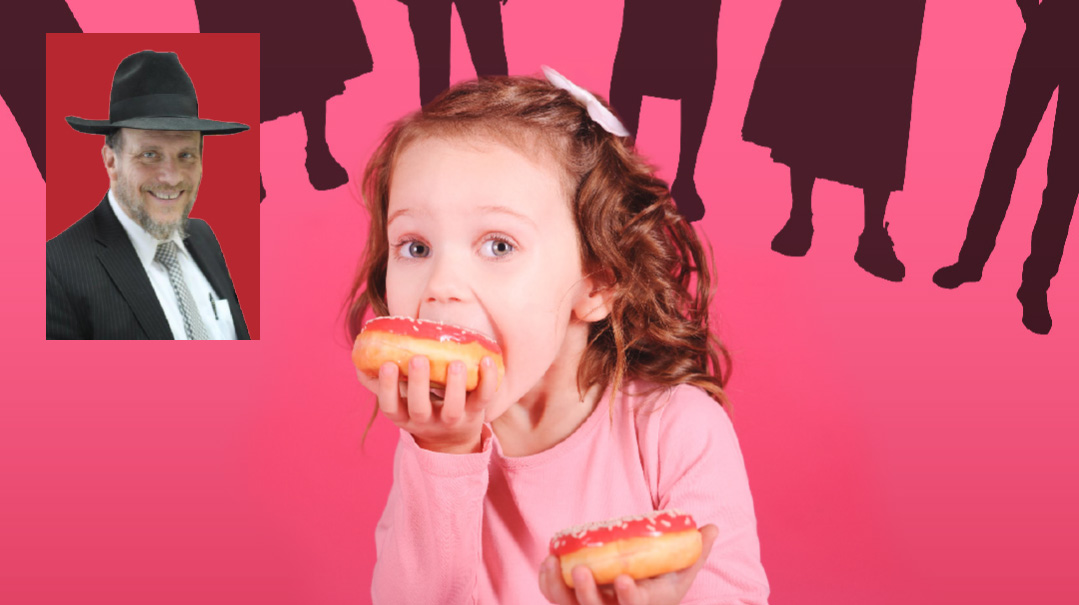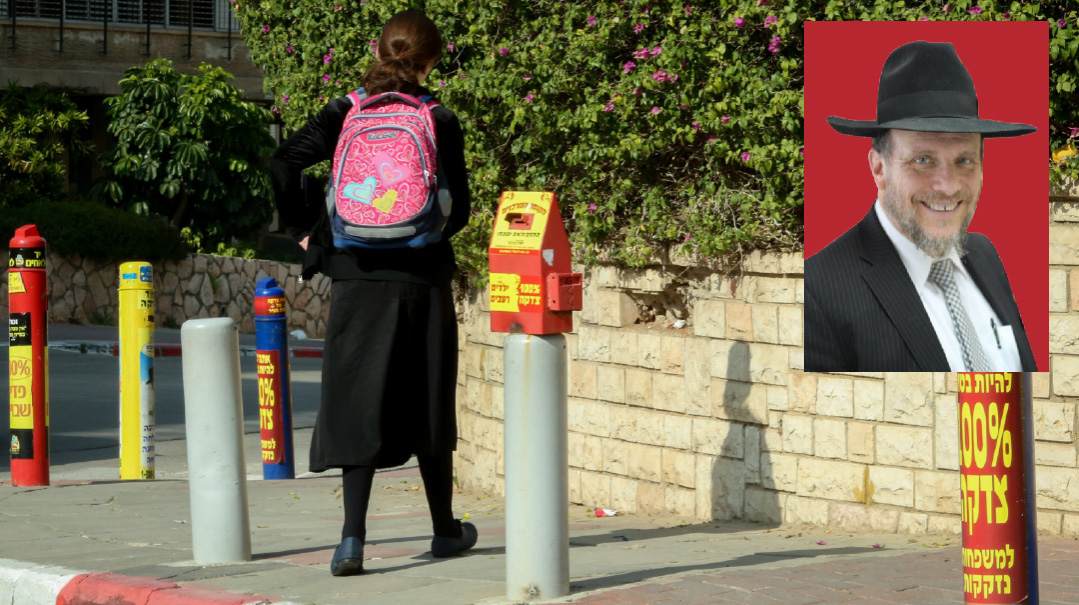“Is Embracing Teens-at-Risk Making This Route More Attractive?”
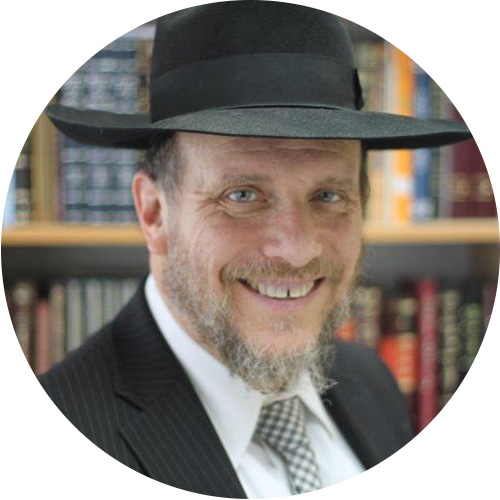
“We need to provide some kind of framework for the many who cannot just fit into the mainstream system”
Question
MY nephew is a teen at risk. He dropped out of yeshivah a while ago and experiments with interesting clothing and haircuts, (and probably some illicit substances as well). Lately, he’s begun hanging out at a more relaxed yeshivah. It gives teens like him a place where they can feel a sense of belonging, have fun, and hopefully experience some growth as well.
Baruch Hashem, my own children are learning in mainstream institutions, but one of my sons has been making comments about his cousin’s chilled lifestyle and the way he’s given a pass to enjoy whatever makes him happy. I wonder, is our community’s embrace of teens at risk perhaps making this route more attractive for boys who want to opt for this easier, more relaxed way of life?
Answer
Thank you for raising this very important and sensitive question. Thirty-four years ago, I came to Harav Hagaon Rav Elazar Menachem Man Shach ztz”l, gadol hador of that generation, with this very question. I was considering opening a yeshivah that deviated from the classic mold, and would offer vocational workshops in the afternoon in place of second seder. My rebbi , Harav Shlomo Wolbe ztz”ll , said that such a question required the depth and breadth of a gadol with 90 years of vision and experience. I asked Rabbi Naftali Kaplan shlita, Rav Moshe Hillel Hirsch shlita, as well as the late Rav Dovid Heksher ztz”l, present-day giants who were already highly respected by Rav Shach and Klal Yisrael 34 years ago, to join me in presenting the question.
There were two meetings and many deliberations before Rav Shach ruled that the school should be opened. He explained his reasoning with the following observation. “Until now, if a boy wasn’t doing well at home and yeshivah, and left for the street, it would only be a matter of a week or two until he came back, humbled and ready to figure things out. Now,” said Rav Shach, 34 years ago(!), “if a boy is not finding his place, he can disappear for three months and no one will even know where he is and if he is alive.”
Rav Shach’s profound insight into the changes in social circumstances recognized the subculture that absorbed these youth. A boy or girl who left the community were no longer “lost” or “lonely;” they were found and homed in on by a world of broken, abandoned, and sometimes criminal elements who created a space in which they could survive. That was 34 years ago. Today that subculture has become a full-fledged society, not a social appendage.
Our Torah world has created a fantastic, beautiful, and very demanding yeshivah and Beis Yaakov system that is providing very special chinuch for hundreds of thousands of boys and girls, kein yirbu. But there is a huge range of personalities, abilities, and needs in Klal Yisrael, and there is no single solution that can work for such a diverse population. The Gemara (Berachos 59a), tells us that when one sees great masses of Jewish people in one place, he makes the brachah of “Chacham harazim,” acknowledging Hashem’s ultimate wisdom through which He created so many Jews, whose personality traits are as different from one another as their faces, and that He knows what is in each one’s heart.
While so many children are thriving in our traditional educational system, we’ve also come to realize, with the direction of gedolei Yisrael, that we need to provide some kind of framework for the many who cannot just fit into the mainstream system.
You pose the concern that these less-traditional yeshivos might entice boys who could make it in the regular system. If you think about it, we could potentially ask this question about every yeshivah that is less demanding than another. Perhaps it will draw students who really could do better? Yet in reality, we don’t see a rush of students gravitating to these more relaxed institutions, while there is a proliferation of yeshivah high schools, Beis Yaakovs, yeshivos gedolos, and seminaries that advertise excellence and high standards.
The key to understanding this is developing an appreciation of the Yiddishe neshamah and the nature that HaKadosh Baruch Hu instilled in us. Everyone wants to succeed! Every child in the world wants to do well and earn the respect of his parents and community. While obviously not every person can succeed at the same level of commitment and study, every boy and girl wishes to be as successful as possible. If you show me a young person who doesn’t want to be successful, I will show you a person who doesn’t believe he can be. “Retzoneinu laa’sos retzonecha — Our will is to do Your will,” proclaimed Rav Alexandri after every Shemoneh Esreh. “And what holds us back? The yetzer hara and the influence of the ruling nations.” (Berachos 17a)
We all want to do right and be good and succeed. The neshamah has an innate desire for fulfillment. But simultaneously we all struggle. There were great men who lost their way at the end of their lives. And today we are surrounded by a world of temptations whose accessibility surpasses even the immoral world of Greece and Rome. Our children are often exposed to things that we never knew existed. The challenges are great, many experience failure, and they often become victims of the sense of failure.
A boy or girl who feels like they can make it, young people who experience more hope than failure, do not want to be in institutions that are perceived as second, third, or fourth tier. The boys who find themselves in these special yeshivos are there because they have needs that cannot be met in our classic model. (Not everyone succeeds in these yeshivos either.)
When your son looks at his cousin and wonders why he can’t enjoy all the freedoms his cousin does, you can confidently answer him: Every child gets what he needs to be successful. It is a compliment to you that you are in/ considering a yeshivah that has higher standards.
While there is no guarantee that every child will understand this, generally a child who indeed believes he can do better will want to do so. When a child is seriously questioning the equity of this answer, it would be wise to evaluate why he feels that way about himself.
The Chazon Ish ztz”l told my rebbi, Rav Wolbe, that a yeshivah is a hospital. We learn Torah in institutions because we need to become healthy, strong, and eventually, independently capable of avodas Hashem. Every hospital has an emergency room and intensive care unit. The casualties in these special areas are far higher than in any other ward.
May every Jewish boy and girl find the proper place where they can learn and grow with simchah and ahavah in limud Torah and avodas Hashem.
Note: This article was meant to deal with the question of unique and individual yeshivos. A discussion regarding troubled teens would require a separate comprehensive discussion.
Rabbi Zecharya Greenwald is a world-renowned educator and lecturer and the author of Preparing Your Child for Success (ArtScroll/Mesorah). He founded Darchei Shalom Educational Center, an
alternative high school for boys at risk, in Israel 33 years ago, and 23 years ago he founded Me’ohr Bais Yaakov Teacher’s Seminary in Jerusalem, where he currently serves as dean.
(Originally featured in Mishpacha, Issue 929.
Oops! We could not locate your form.

